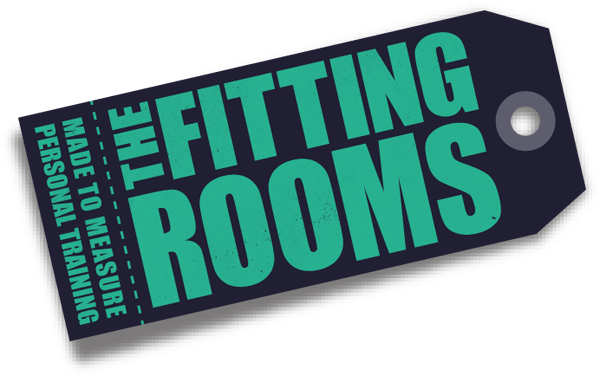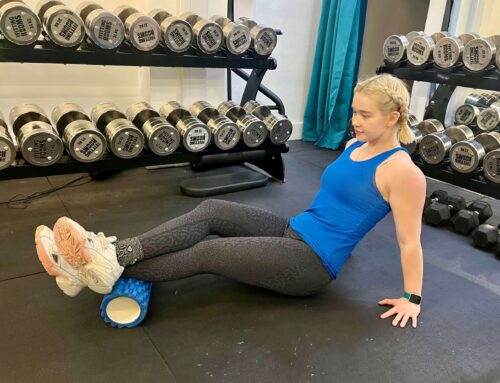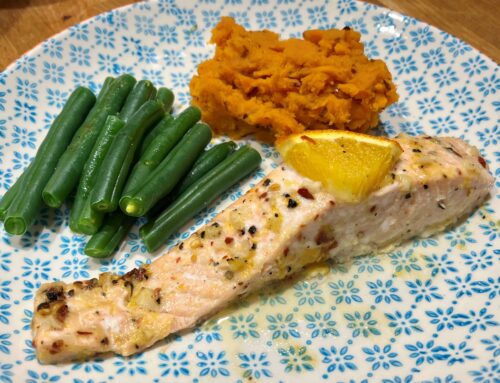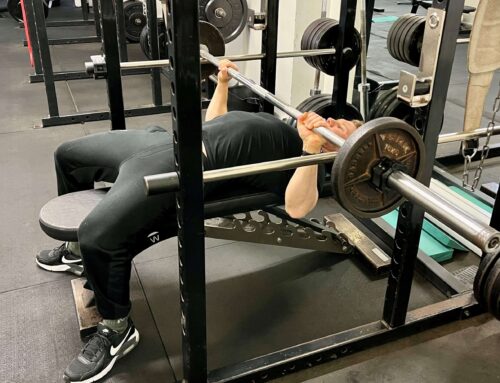Eating for health versus eating for weight loss
When it comes to changing your diet to improve body composition, one mistake we commonly see is people thinking that eating for health is the same as eating for weight loss. Whilst there is crossover between the two, they are not the same thing and misunderstanding the difference can definitely hamper your weight loss results.
In a nutshell, eating for health focuses on promoting overall well-being and providing essential nutrients for the body’s optimal function. It aims to support long-term health, prevent chronic diseases, and maintain a balanced lifestyle. On the other hand, eating for weight loss primarily focuses on creating a calorie deficit to reduce overall body weight and achieve a specific weight loss goal.
If you are looking to modify your diet to lose weight and improve body composition, these are a few key things to consider:
Protein
Whether you’re eating for health, or to improve body composition, protein intake should always be a priority since it plays a critical role in the healthy functioning of our bodies as well as helping to maintain muscle mass when in a calorie deficit. Aim for between 1.5–2.2g protein a day for every kilogram of bodyweight, with a portion of protein at every meal to help meet your protein goal and to keep fuller for longer.
Fruit & Veg
We all know that we should be aiming for at least 5 portions of fruit and veg a day for optimum health, but if all 5 of those portions are fruit you could be looking at around 60g sugar a day, which is not going to help when it comes to weight loss. And whilst avocado is touted as a “superfood”, it’s also high in calories and fat, so portion control is important when eating for weight loss. Try to make sure you are eating a colourful mix of both fruit and vegetables, with preferably a bigger sway towards the veg.
Seeds & nuts
Nuts and seeds are extremely nutrient-dense and are generally packed with protein, fibre, vitamins, heart-healthy fats and antioxidants, making them a very healthy addition to your diet. However, it’s important to consume them in moderation due to their high fat and calorie content. Simply adding 1tbsp peanut butter to your porridge adds 124kcal and 10g fat, so it’s something to be mindful of when eating for weight loss.
Sustainable weight loss & health
Eating for weight loss can often involve restricting consumption of certain foods or food groups, but whilst this may help you drop weight in the short term, changes like this are likely to be unsustainable, and less healthy than eating a varied and balanced diet. For that reason, we believe that even when eating for weight loss, you should aim to prioritise healthy eating, paying attention to the point noted above to help achieve your body composition goals.
If you’re looking for some healthy eating inspiration, why not check out the recipes on our blog, like this Chicken Traybake with Mushrooms and Leeks or our Vegan 3 Bean Chilli. And learn more about the function of protein and the function of fats.








Leave A Comment